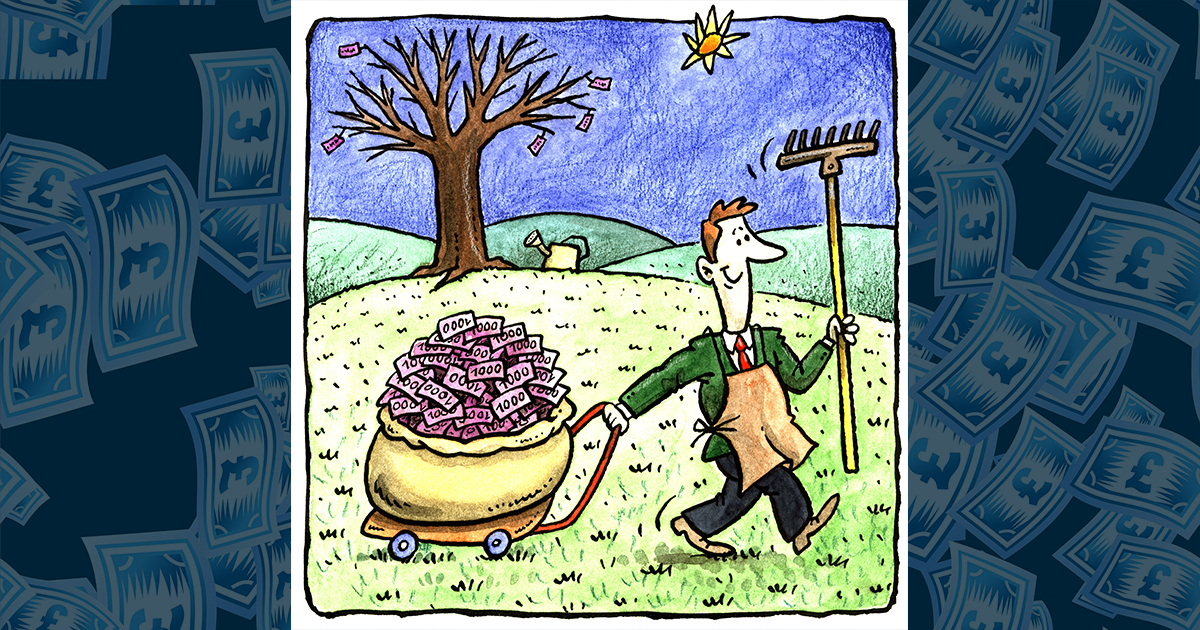The assumption is often made that many people get into the veterinary industry for the money. In fact, it’s always been a widely held public view that vets are raking it in.
This is, perhaps, due to a combination of the recognised difficulty of the job, seemingly extortionate vets’ bills and a propensity for Range Rovers.
Whatever the cause, this view was made all the more apparent on the 18 May edition of Good Morning Britain.
Concerns about cost
The original topic of debate – “Should there be an NHS for pets?” – sparked a subsequent debate into the pricing of veterinary care, with strong implications being made that pricing in the veterinary industry is “unregulated” and, therefore, unnecessarily high and perhaps even greedy?
As an outsider looking in, faced with an objectionably large bill for what you thought would only be a routine check-up, I can see how it’s easy to misunderstand where all that money can go, except into the pockets of the vets themselves – and yet this is a fallacy.
Clients just don’t understand
I feel an understandable nationwide misunderstanding exists of the true value of what we consider to be “routine” medical goods and services.
According to an NHS calculator, without health care, the price of a hospital child delivery would range from £2,500 to £5,000, depending on any complications. In the US, a single doctor’s consultation can cost you upwards of $200 (£141), with the average American spending more than $10,000 (£7,000) in health care a year as of 2016.
There’s no denying that we take human medical care for granted, so there’s little surprise when the cost of animal medical care puts our clients in need of a pacemaker (free of charge).
In it for the money
One of the very first things I learned about veterinary medicine – as I sat, rather excitedly, in a school-organised lecture given by the head vet of a local practice to a room of young, naive wannabe vets – was that if we were thinking of getting into the career for the money, we should change tack now, as we would be sorely disappointed.
I know I am luckier, now than ever before, to have the luxury of both job and financial security when I leave university, but it needs to be said that neither myself, nor any vet student I have ever encountered, got into this business for the money.
Even if we had, I think it would be fair to call us fools, as there must surely be an easier way to make money than five years of student housing, student loans, exams and poop scooping.
Initial outgoings
I think it also needs to be said that the phrase “it takes money to make money” could indeed be applied very aptly to the veterinary degree. A growing awareness exists of the potential accessibility imbalance when it comes to the vet course, depending on background, social class, funding and so on.
It’s no secret to those on the inside that getting into, and through, vet school can insure some serious dents in your wallet, and those of your parents (sorry parents); between textbooks, steel toe-capped wellingtons, petrol miles, Airbnbs for long-distance placements and stethoscopes (the most expensive necklace you will ever own), you are looking at a sizeable sum before you even get to student loans.
And that’s without considering being able to afford the time off work to travel to open days and interviews in the first place, with the assumption that you have a supportive network of family who have the money to fund your ambitions before you’ve even got your foot in the door…
An NHS for pets?
The topic of an NHS for pets aside, I think a great deal needs to be done to help us recognise the true privilege that is our human NHS, and the true value of the service given by all medical professionals.

Leave a Reply